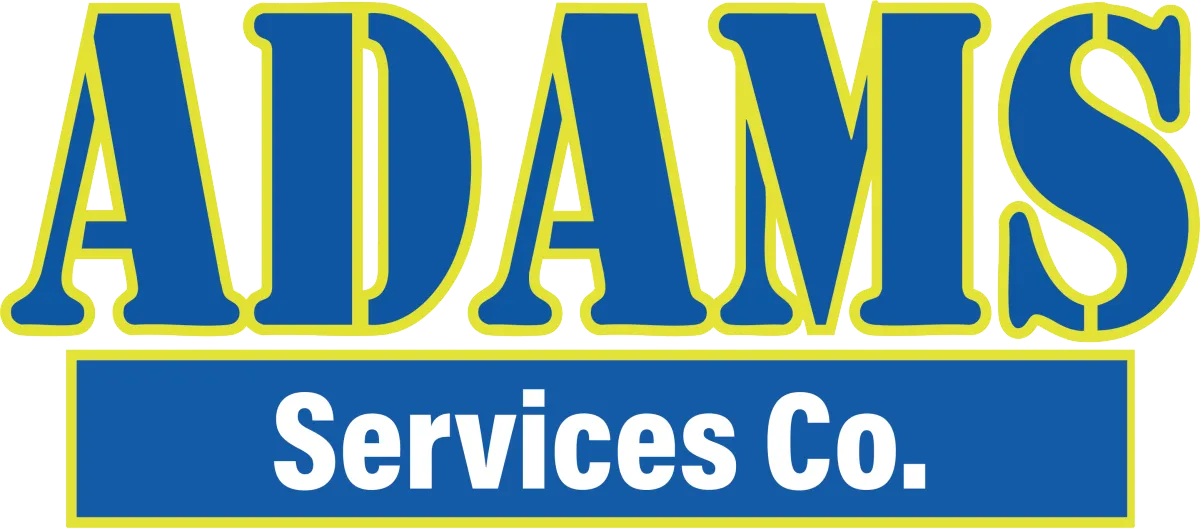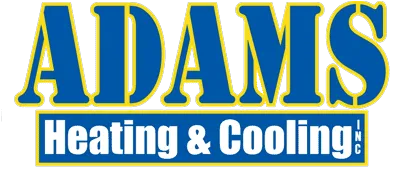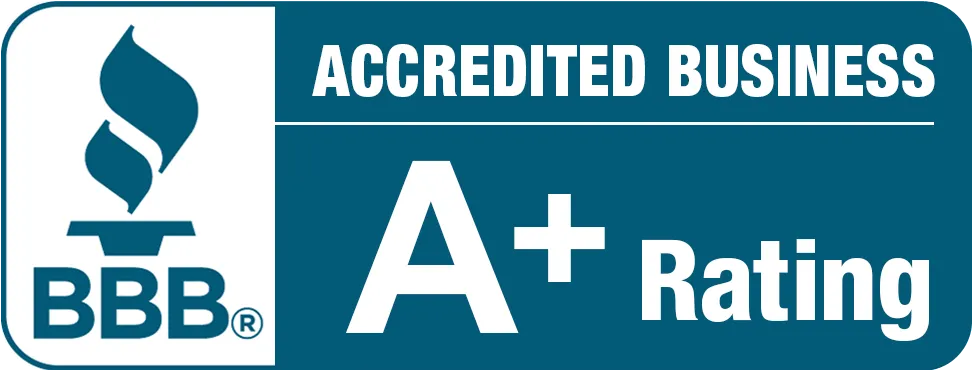Adams Heating & Cooling
HVAC Experts You Can Trust
Serving Tuscaloosa, AL, Birmingham, AL, and surrounding areas since 1982
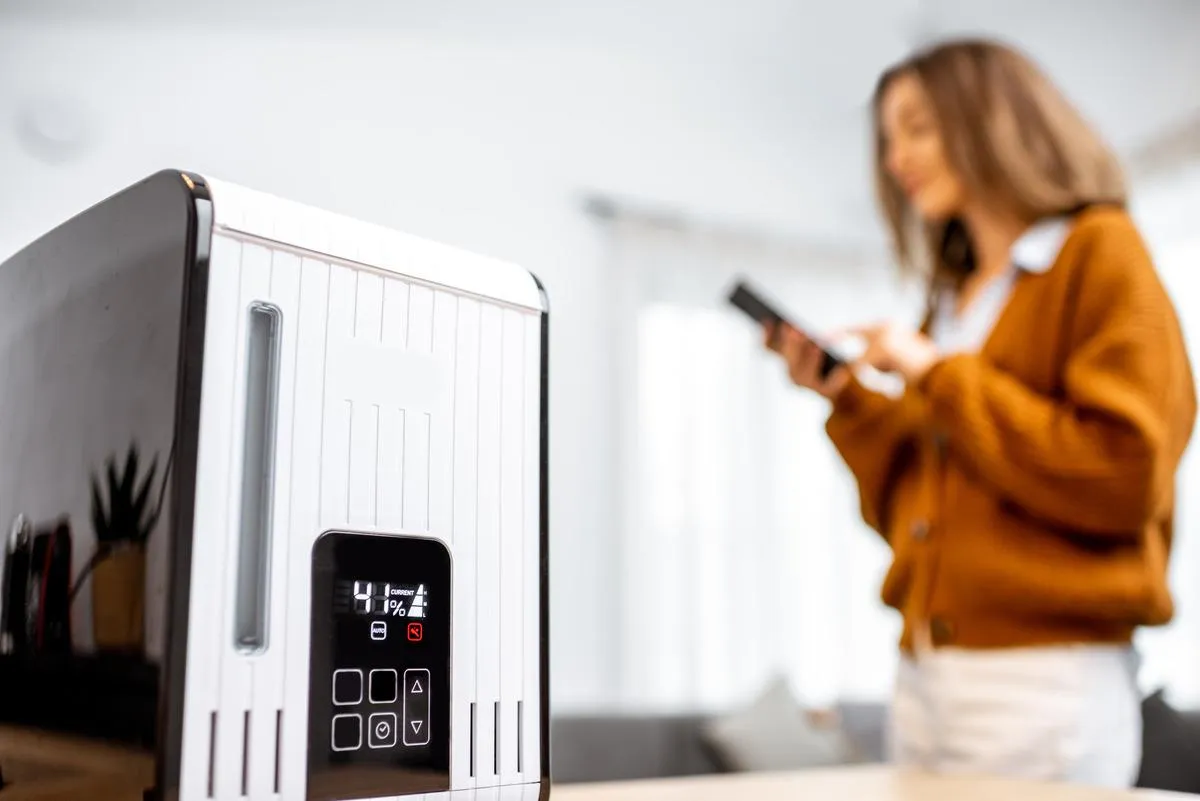
How Common Household Products Can Affect Indoor Air Quality
At Adams Heating and Cooling, we know your home or business is your haven. It's where you relax, work, and create memories. But did you know the air you breathe indoors can be more polluted than the air outside? Surprised? It's true! Many everyday household products can negatively impact your indoor air quality.
What is Indoor Air Quality (IAQ) and Why Does it Matter?
Indoor air quality refers to the health of the air you breathe inside your home, office, or any building. While we often think of pollution as an outdoor issue, the Environmental Protection Agency (EPA) tells us that indoor air can be two to five times more polluted than outdoor air! This is concerning because most people spend a significant amount of time indoors. Poor indoor air quality can lead to a variety of health problems, so maintaining a healthy indoor environment is crucial for your well-being.
Health Problems Caused by Poor Indoor Air Quality
Respiratory Issues: Irritation of the eyes, nose, and throat, as well as respiratory infections and exacerbation of asthma symptoms, can occur due to exposure to pollutants such as dust, pollen, mold, and pet dander. Frequent respiratory problems include coughing, sneezing, difficulty breathing, and allergies. Itchy, watery eyes are a common symptom of eye irritation due to those types of pollutants.
Allergies: Allergens present in indoor air, such as dust mites, mold spores, and pet dander, can trigger allergic reactions in susceptible individuals, leading to symptoms like sneezing, runny nose, and itchy eyes.
Asthma: Indoor air pollutants like tobacco smoke, mold, and volatile organic compounds (VOCs) can worsen asthma symptoms and increase the frequency and severity of asthma attacks.
Skin irritation: Dry, itchy skin can be a sign that the air is too dry or filled with irritants.
Headaches, Dizziness, and Fatigue: Poor indoor air quality may contribute to symptoms such as headaches, fatigue, and dizziness, especially in enclosed spaces with inadequate ventilation. Feeling tired and sluggish for no apparent reason could be a sign of poor indoor air quality.
Frequent colds and flu: A weakened immune system due to poor air quality can make you more susceptible to illness.
Cardiovascular Effects: Some indoor air pollutants, such as fine particulate matter (PM2.5) and VOCs, have been linked to cardiovascular problems like heart disease, hypertension, and strokes.
Cognitive Impairment: Prolonged exposure to indoor air pollutants has been associated with cognitive impairment and decreased productivity, particularly in environments with high levels of VOCs or inadequate ventilation.
Cancer: Certain indoor pollutants, such as radon and formaldehyde, are known carcinogens and long-term exposure to these substances can increase the risk of developing cancer.
Long-Term Health Risks: Chronic exposure to indoor air pollutants may contribute to the development or worsening of chronic respiratory diseases, cardiovascular diseases, and other long-term health issues.
Improving indoor air quality through proper ventilation, regular cleaning, controlling humidity levels, and reducing sources of indoor pollution (like smoking indoors or using certain chemical products) can help mitigate these health risks.
The Culprits: Common Sources of Indoor Air Pollution
Several factors contribute to indoor air quality problems. One culprit is Volatile Organic Compounds (VOCs). These gases are emitted from various everyday products we use and can linger in the air. Cleaning supplies like disinfectants and air fresheners, building materials like carpets and paint, and even personal care products such as hairspray can all release VOCs.
Another source of indoor air pollution comes from burning fuels like gas, oil, or wood. This releases harmful pollutants like carbon monoxide, nitrogen dioxide, and particulate matter into the air we breathe.
Furthermore, damp environments can become breeding grounds for biological pollutants. Mold, mildew, and dust mites thrive in these conditions, releasing allergens and irritants that can trigger respiratory problems.
Secondhand smoke from tobacco is another major threat to indoor air quality. Even after a cigarette is extinguished, the harmful chemicals it contains can linger in the air for extended periods.
Finally, outdoor air pollutants like traffic fumes, pollen, and dust can also infiltrate our homes and buildings through windows and ventilation systems, affecting the air we breathe indoors.
Signs Your Indoor Air Quality Needs Improvement
How do you know if your indoor air quality is poor? Here are some common signs to watch out for:
Strong odors: Chemical smells, musty odors, or lingering cigarette smoke are all indicators of potential air quality issues.
Visible mold growth: Mold spores can trigger allergy and asthma symptoms.
Condensation on windows: Excessive condensation can indicate high humidity levels, which can promote mold growth.
Dust buildup: Excessive dust can harbor allergens and irritants.
Uneven temperatures: A variance in temperature throughout the house can be a sign of poor air quality.
Health symptoms: New health issues appearing after remodeling, painting, or adding new furniture
Taking Action for a Healthier Indoor Environment
The good news is that there are steps you can take to improve your indoor air quality and breathe easier. Start by increasing ventilation in your home or business. Open windows and doors regularly to bring in fresh air and dilute any indoor pollutants. You can also reduce the sources of VOCs in your environment. Opt for cleaning products and personal care items labelled "low VOC" or "fragrance-free," and always allow fresh paint to dry completely before occupying the space. Controlling humidity levels is another key factor.
Consider using a dehumidifier, especially in moisture-prone areas like basements and bathrooms, to prevent mold growth and improve air quality. Investing in air purifiers with HEPA filters can also be beneficial. These capture airborne pollutants and can significantly improve your indoor environment.
Finally, don't forget the importance of regular HVAC maintenance and filter changes. A well-maintained HVAC system with clean filters effectively removes dust, allergens, and other pollutants from your indoor air, creating a healthier and more comfortable breathing environment.
The Dangers of Ignoring Poor Indoor Air Quality
Ignoring poor indoor air quality can have a significant impact on your health, causing a variety of problems. People with respiratory issues like asthma or allergies are especially vulnerable. Indoor air pollution can irritate your lungs and airways, leading to coughing, wheezing, shortness of breath, and congestion. You might also experience more frequent headaches, dizziness, and even eye irritation like dry, itchy, and watery eyes.
Poor ventilation can trap dust mites, mold, bacteria, and viruses, making you more susceptible to respiratory infections. In addition, exposure to indoor air pollutants can worsen symptoms of existing chronic health conditions like heart disease, lung cancer, and COPD. In severe cases, long-term exposure can even lead to organ damage and cancer.
How Adams Heating and Cooling Can Help
At Adams Heating and Cooling, we care about the health and well-being of our customers. That's why we offer a variety of "indoor air quality solutions" to help you breathe easier in your home or business. Here's how we can assist you:
HVAC Indoor Air Quality Inspection: Our qualified technicians can assess your indoor air quality through testing and identify potential problems.
HVAC System Cleaning and Maintenance: Regular cleaning of your HVAC system removes dust, allergens, and other pollutants that can build up over time.
Air Filtration System Installation: We can recommend and install air purifiers with HEPA filters or other advanced filtration technologies to target specific indoor air quality concerns.
Ventilation System Optimization: We can evaluate your ventilation system and make recommendations for improving airflow and reducing indoor air pollutants.
Expert Advice and Guidance: Our team of experts can provide you with personalized advice on maintaining a healthy indoor environment.
Taking the Next Step Towards a Healthier You
By taking proactive measures to improve your indoor air quality, you can create a healthier and more comfortable environment for yourself, your family, and your employees.
Ready to Breathe Easier?
If you're concerned about the air quality in your home or business, don't hesitate to contact Adams Heating and Cooling. Our friendly and knowledgeable staff is here to help assess your indoor air quality and recommend effective solutions. Whether it's installing air purifiers, improving ventilation systems, or conducting thorough inspections for potential pollutants, we are dedicated to creating healthier indoor environments for our customers.
With a commitment to excellence and customer satisfaction, Adams Heating and Cooling takes pride in delivering top-notch services tailored to your specific needs. We understand the importance of clean air in enhancing overall well-being and productivity. Our team utilizes advanced technology and industry expertise to ensure that your indoor environment remains fresh and safe. From allergy relief to reducing airborne contaminants, we strive to implement solutions that not only meet but exceed your expectations
Trust Adams Heating and Cooling to provide expert advice and dependable service tailored to your specific indoor air quality needs. Feel free to reach out to us today to schedule a consultation and take the first step towards breathing cleaner, fresher air in your home or workplace.
Remember, investing in your indoor air quality is an investment in your health and well-being!
Call us today at 205-339-6540 to schedule an AC service and repair appointment, or to discuss your indoor air quality concerns. We can help you breathe easier and create a healthier indoor environment for everyone.
Additional Resources:
Discover essential tips for keeping your HVAC system running smoothly year-round! Dive into our article 'How to Maintain Your HVAC System Throughout the Year' to read about how to ensure your home stays comfortable and your HVAC system stays efficient!

Tired of seeing those sky-high electric bills?
It's time to take control of your energy costs, and your HVAC system is a great place to start!
No more sweating over those monthly expenses!
Grab our FREE checklist to discover simple, yet effective, ways to lower your energy consumption and save money on your electric bill.
Inside this handy guide, you'll find:
Easy-to-follow tips to optimize your HVAC system's efficiency.
Common energy-wasting mistakes to avoid.
Actionable steps to make a real difference in your energy usage.
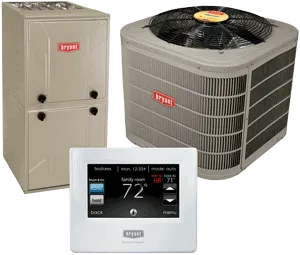
Free Estimates on Complete System Replacement
Call Now 205-339-6540
Office: 3415 Hargrove Road East,
Tuscaloosa, AL 35405
Office: 1236 Blue Ridge Blvd, Suite 111, Hoover, AL 35226
Call 205-339-6540
Call 205-606-4222
Email: [email protected]
